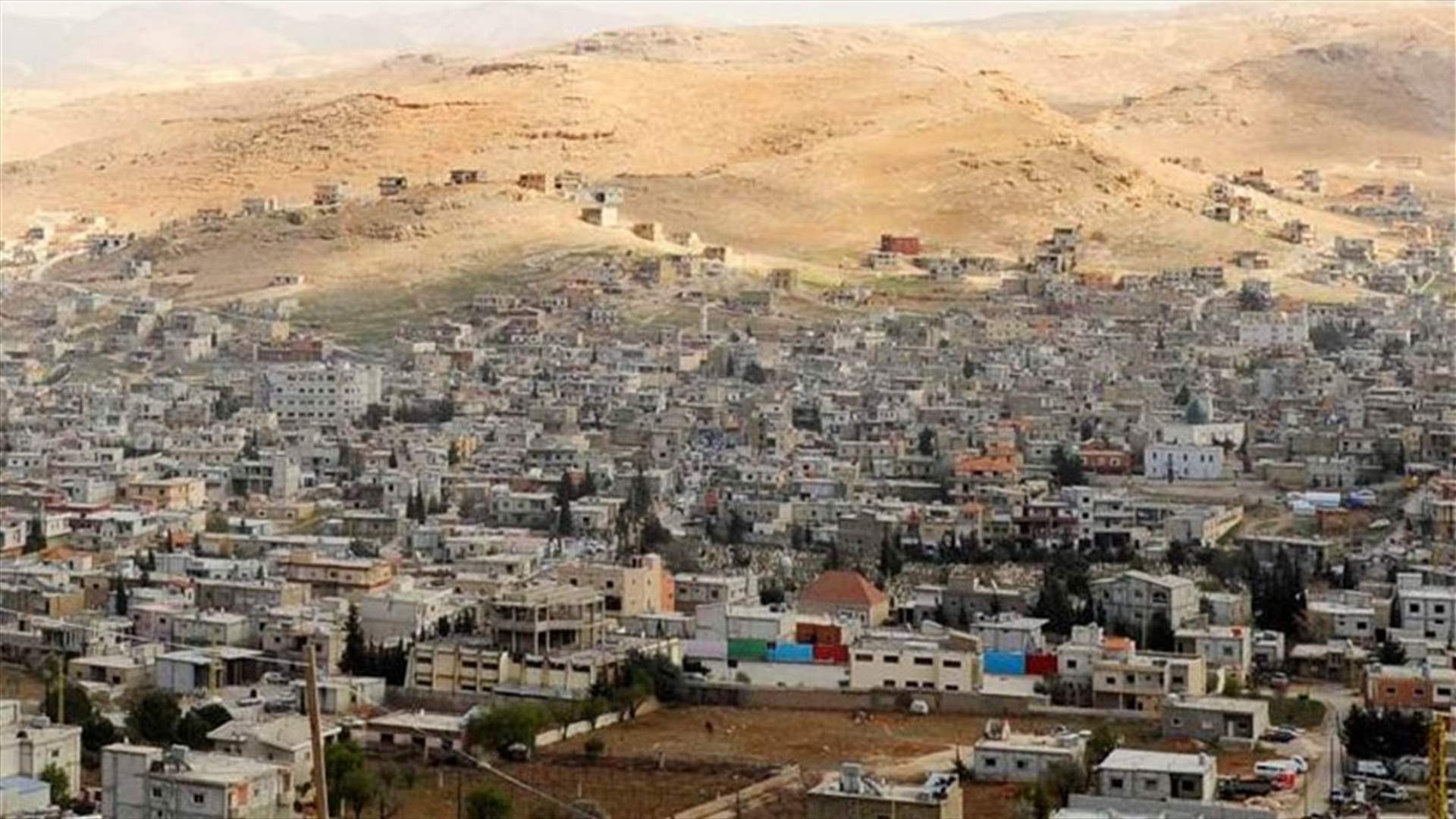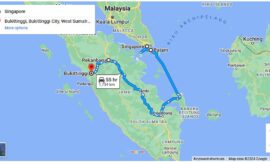Ras Baalbek, located in the northern part of the Beqaa Valley in Lebanon, is a town that holds both historical and cultural significance. The town is closely associated with the nearby ancient city of Baalbek, which is renowned for its impressive Roman ruins. Ras Baalbek, like its more famous neighbor, has a rich history that dates back to ancient times.
One of the notable features of Ras Baalbek is its proximity to the ancient ruins of Baalbek. The town serves as a gateway for visitors exploring this archaeological treasure. Baalbek, known as Heliopolis in antiquity, was a major center for the worship of the Phoenician sun god Baal. The temples and structures in Baalbek, including the Temple of Bacchus and the Temple of Jupiter, showcase the architectural prowess of the Roman Empire. These monumental structures attract tourists and history enthusiasts from around the world, contributing to the cultural significance of Ras Baalbek.
The modern town of Ras Baalbek itself is a reflection of Lebanon’s rural charm. Surrounded by fertile agricultural land, Ras Baalbek plays a role in the region’s agricultural productivity. The traditional way of life persists, with agriculture being a primary source of livelihood for the local population. The cultivation of crops such as wheat, barley, and various fruits and vegetables contributes to the town’s economy and reinforces its connection to the historical role of the Beqaa Valley as the “breadbasket of Lebanon.”
The residents of Ras Baalbek are known for their resilience and hospitality. Despite the challenges posed by geopolitical tensions and regional conflicts, the people of Ras Baalbek have maintained a sense of community and cultural identity. The town’s population includes diverse ethnic and religious groups, reflecting Lebanon’s mosaic of cultures.
Given its location near the border with Syria, Ras Baalbek has, unfortunately, been affected by the spillover of conflicts in the region. The town has witnessed its share of challenges, including security concerns and the impact of refugee influxes. However, the community has demonstrated resilience in the face of adversity, emphasizing the historical role that Ras Baalbek plays in the broader context of the Beqaa Valley.
In recent years, efforts have been made to promote tourism in Ras Baalbek, encouraging visitors to explore not only the nearby ancient ruins but also the town itself. Tourism has the potential to bring economic benefits to the community, providing opportunities for local businesses and preserving the cultural heritage of the region.
In summary, Ras Baalbek stands as a testament to the enduring history of the Beqaa Valley and its connection to the ancient city of Baalbek. From its role as a gateway to archaeological wonders to its status as a center of agriculture and rural life, Ras Baalbek encapsulates the diverse layers of Lebanon’s cultural and historical tapestry. Despite the challenges faced by the town, its people continue to cherish their heritage and contribute to the vibrant mosaic that defines the Beqaa Valley.



